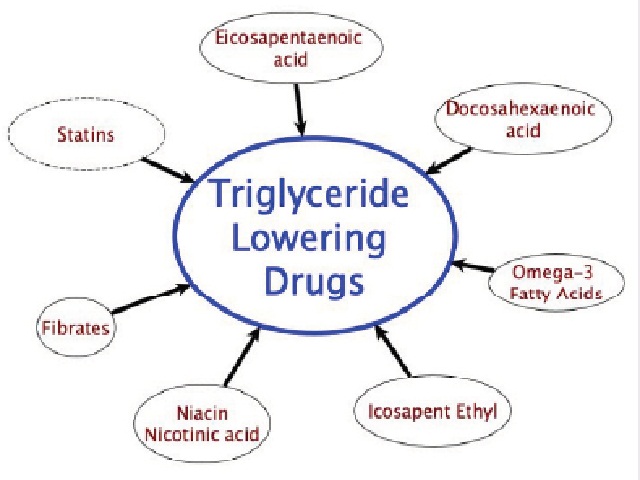Evaluating the Chrono-pharmacology of Icosapent Ethyl to Assess its Therapeutic Efficacy in Reducing Hypertriglyceridemia Associated Cardiovascular Events
DOI:
https://doi.org/10.5530/bems.5.2.9Keywords:
Drug safety, Chrono pharmacology, Pharmacoeconomics, Drug dosage, Therapeutic efficacyAbstract
Background: The pharmacological efficacy of drugs used to treat chronic diseases is evaluated based on a cumulative performance over a fixed term (usually 3 to 5 years). The justification for selecting such fixed terms is scientifically not convincing especially considering patients will be taking such drugs for a much longer time frame. Hence to address this gap we present here a novel concept of chrono pharmacological assessment of drug efficacy. Materials and Methods: Using the data reported from the recently concluded REDUCE-IT trail evaluating the pharmacological efficacy of Icosapent Ethyl to reduce the cardiovascular adverse effects in patients with elevated triglyceride levels, we compared the year wise slopes of the curves in the placebo and Icosapent Ethyl administered group as an approach of chrono pharmacological assessment of drug efficacy. Results: The chrono pharmacological assessment revealed an unexpected observation of increased rate of adverse events compared to the placebo group in the years 3 to 4 and post year 5 of the Icosapent Ethyl administered group. Such increased rate of adverse events may perhaps be due to the cumulative effects of the drug. Conclusion: This study highlights the merit of chrono pharmacological assessment in identifying any potential adverse event rates with chronic use of drugs. Hence chrono pharmacological evaluation of drugs used to treat chronic diseases must be considered to improve drug dosage regimen and achieve optimal therapeutic efficacy, safety and cost effectiveness.

Downloads
Published
Versions
- 2021-02-16 (3)
- 2021-02-16 (2)
- 2021-02-16 (1)









